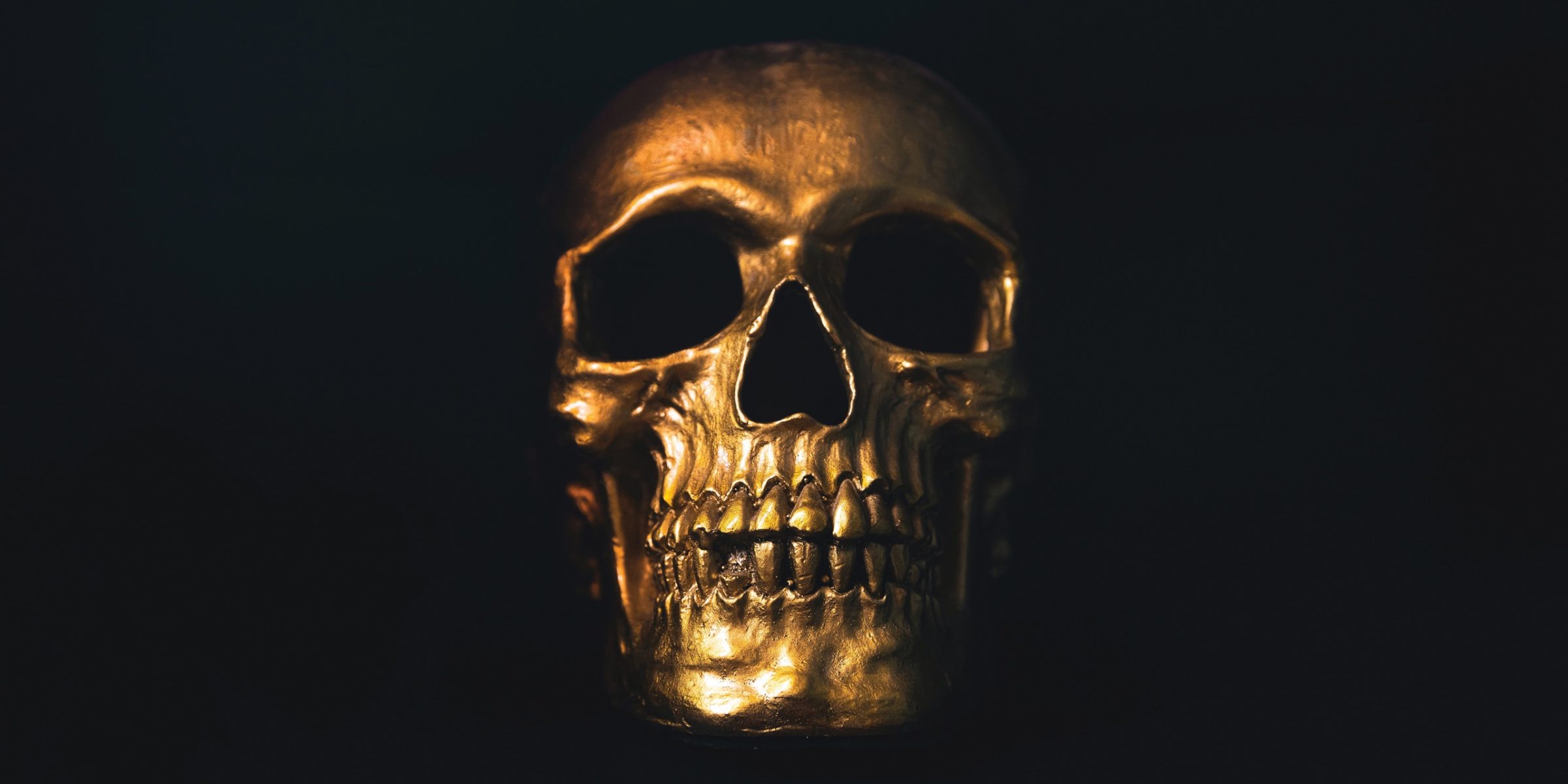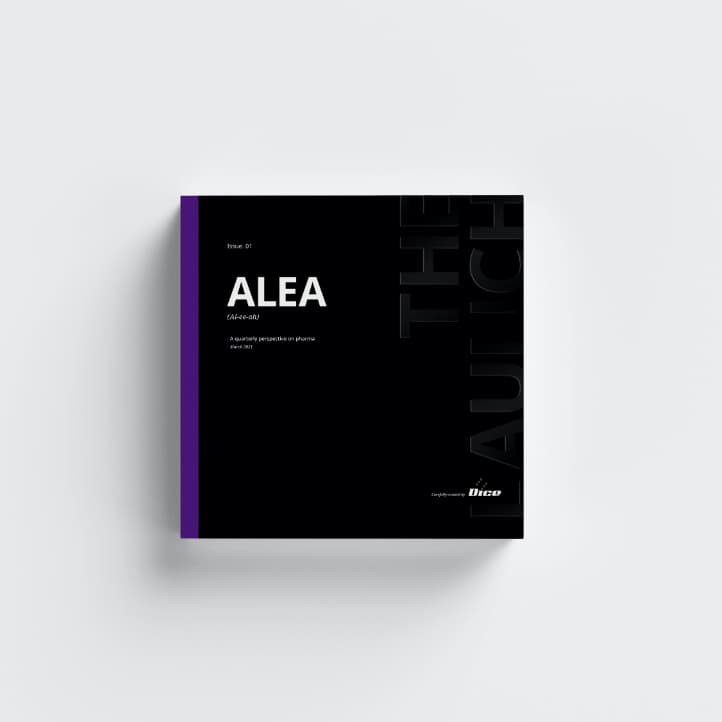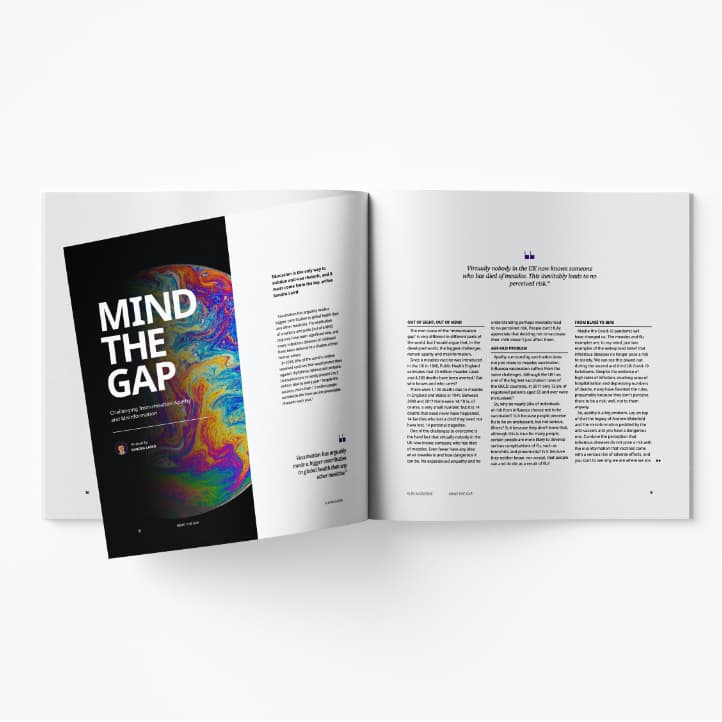
Living on Borrowed Time – the Science of Death

Everyone, at some point in their life, thinks about their own death.
Morbid curiosity often leads us to think about how we might die, but that’s just an exercise in navel gazing with no possible answer until the day arrives. Much more interesting is the question, ‘Why do we die?’
Now it may seem an irrelevant question. Of course we all die – it’s the one absolute certainty in life. But why? What are the biological reasons for death?
The question occurred to me on a recent visit to my elderly mother. Late into her ninth decade, it struck me that her hair is still luxuriant and clearly grows, as do her nails. Her recent wrist break has healed nicely and her mind, thankfully, is still as sharp as ever. Her heart has already beaten about three billion times and shows no sign of stopping. Clearly the biological processes of life – those of growth, healing, renewal and basic metabolism – seem to be unhindered. And yet the prospect of death obviously looms ever larger in her life.
So, why will she die?
Let me make it clear at this point that I am writing from a purely biological and scientific perspective. You may all have your own spiritual take on this, but debates on the meaning of life belong elsewhere. Unlike matters of faith, which are often personal and individual, the science I’m about to describe is common to all of us, no matter what your belief systems are.
As I mentioned with my mother, the healing process never really stops, no matter how old we are. Of course it takes longer than if we were still in our 20s, but it still happens, which suggests that our bodily systems still function at a reasonable level. So why can’t that keep on going forever?
Similarly, we recycle ourselves in such a way that, in effect, we have a new body – even a new skeleton – every ten years or so. That doesn’t apply to our brains which physically remain unaltered throughout our life from the late teens onwards. So why are these new bodies not as good as the old ones?
This is an area of active research, and there are many hypotheses that generate a heated debate in the scientific community, but for me personally, there are three that are most compelling.
Understanding the reasons for death
Firstly, recycling is not an accurate process. We see in recycled paper remnants of a previous life: the flotsam and jetsam of yesterday’s newspaper stories.
A good way to look at it is to compare it to a software upgrade on our computers. You get a new operating system, but there are always some little bits of rogue code left behind that cumulatively, over time, take their toll. Your computer never quite works as well as it did when you first pressed the ‘on’ button. The same is true of cell division. It doesn’t always go smoothly, and over time our bodies fill up with tiny bits of misshapen proteins and enzymes that just get in the way of proper functioning.
However, to my mind, the two most fascinating reasons for death come down to genetics and evolution.
You have to understand that from the perspective of our species’ genes, we are simply temporary carriers. We might think we’ve made our own special impact during our time on this planet, but from a biological perspective, once we have procreated and passed our genes on to the next generation, the job of our bodies is complete.
Yes, these squishy, smelly, emotional heaps of flesh and bone have no more biological purpose in life. It’s sad but true.
Humans are very fortunate in that our slightly peculiar long lifespan means that the role of grandparents in our families and societies is almost unique in the animal kingdom, so you could argue that we have an evolutionary role to play in protecting our genes in a once-removed, family fashion. But purely at the cellular level, when we are no longer involved in human reproduction, we are no longer important in our species’ well-being.
This genetic perspective gives rise to two fascinating and quite subtle influences, and both are driven by evolutionary forces.
The first is that it is far more economical from a resources perspective, to generate and grow a new, healthy body than to constantly maintain and repair an older version. You might think that the resources needed to feed and build a new body might totally outweigh the lower level of nourishment needed in us oldies, but actually, the far greater productivity of new, younger bodies outweighs this consideration.
Clearly in the 21st century this might seem a slightly absurd notion, but for almost the whole history of human existence, life was about survival. A group of early humans wandering the grasslands of Africa could cope with a few older members, but to be truly capable of thriving, the speed and strength of youth was vital. So from that perspective, there has never been an evolutionary pressure to repair and maintain our bodies to the level of, say, an adolescent. That’s why we can’t do it naturally now.
Secondly, given that we only exist to pass on our genes to the next generation, then the evolutionary pressure on any species, not just humans, is to keep us healthy until that process is complete. Evolution has driven the ‘fixes’ that are needed to keep us alive in our youth. That’s why serious diseases in childhood, such as cancer, are mercifully rare. Of course there are tragic exceptions to this rule, but they hit home so hard because they are so rare.
So evolution has driven our bodies to be fantastic self-defence machines in the first 20 years or so of our lives. Historically, that’s when we all procreated and that’s why from early adulthood onwards, our bodies are neglected by our genes and begin a slow inexorable decline.
So why do we die?
It turns out that Oscar Wilde was right. It really is all about sex. If we procreated later in life, then over time, we would probably evolve a longer lifespan, but for certain, nobody reading this article will be around to witness that development, if it ever happens at all.






